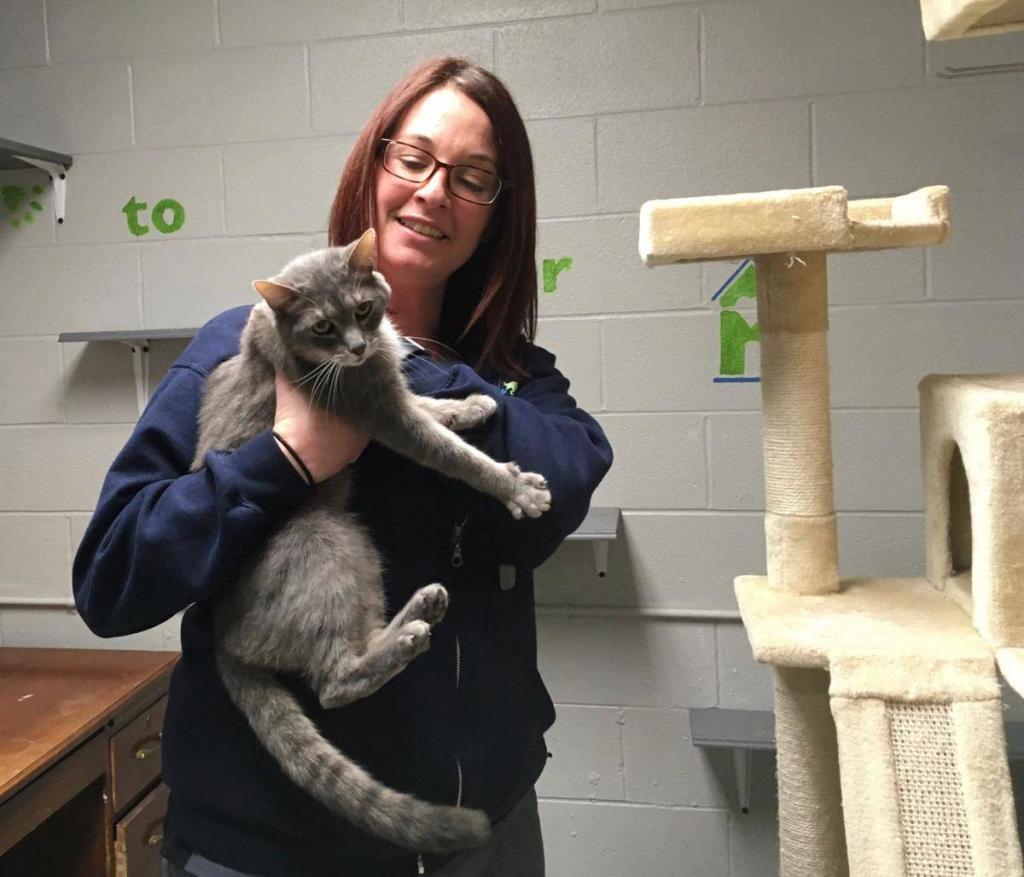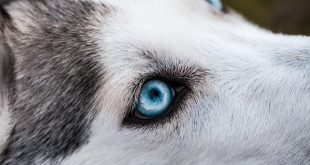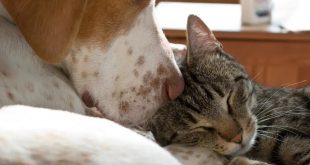Since the first COVID-19 positive case was first identified in December 2019, in Wuhan, China, the coronavirus continued to spread further to the majority of the countries in the world, producing more and more deaths with every single day. People started to feel afraid for their own life, but the ones having pets, started to worry if their pet’s health might be jeopardized by the pandemic.
The COVID-19 is believed to have originated from exotic animal food market in Wuhan, but according the veterinary community, domestic dogs and cats do not appear to be carriers of the virus. The World Health Organization has reported that there is “no evidence that companion animals/pets such as dogs or cats can be infected with the new coronavirus.”
We are presenting you some important notes on how to care for your pets during the coronavirus outbreak in order to keep them and yourself healthy:
Animals are not thought to spread the disease
According to the newest declares, in their pamphlet on COVID-19, of the New York State Veterinary medical Society “there is no evidence that animals or animal products imported from China or other countries pose a risk of spreading coronavirus in the US”.
Be careful not to expose your pet to the virus
The VMS pamphlets continues writing about the contacts of those who are sick with coronavirus should “restrict contact with any animals just like you would around other people,” They advice that if there is a healthy member of the household, he/she should take care of the pet, or if that is not possible, then the infected person who is going to take care of the pet, should wear a face mask and wash his/hers hands thoroughly before and after feeding, walking or interacting with the animal.
There is one case of a dog testing positive
Indeed, this point was reinforced after a dog died on March 16, in Hong Kong. A 17-year-old dog from the breed Pomeranian, who was owned by a woman who was diagnosed with COVID-19, in late February was tested “weak positive” for a “low level” of the virus after oral and nasal tests at an animal care facility. The dog was not exhibiting any symptoms, but was put into a two-week quarantine, after which it was tested again, and the tests were negative.
Since that incident, or even before it, the American Veterinary Medical Association recommends that people that are ill with the COVID-19 should limit their contacts with the animals, in order to avoid the eventual spread of the virus from humans to animals. On the other hand, the association says that a person who is not ill with COVID-19 can interact with his or her pet as they normally do.“You should continue to practice good hygiene during those interactions — wash hands before and after interacting with your pet; ensure your pet is kept well-groomed; and regularly clean your pet’s food and water bowls, bedding material, and toys,” the association said.
 World inside pictures Collect and share the best ideas that make our life easier
World inside pictures Collect and share the best ideas that make our life easier








